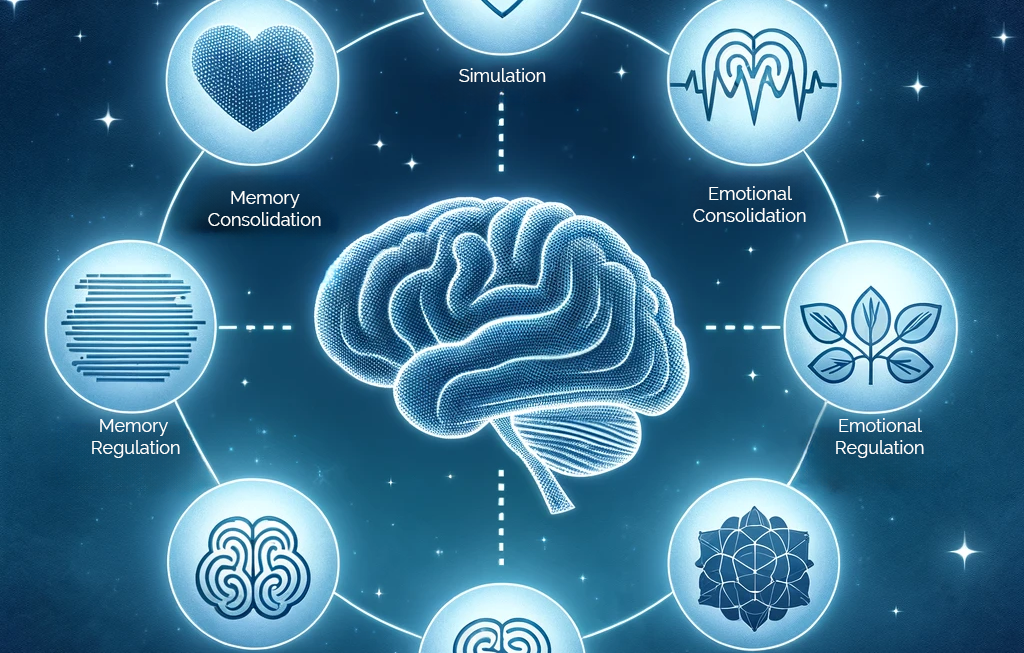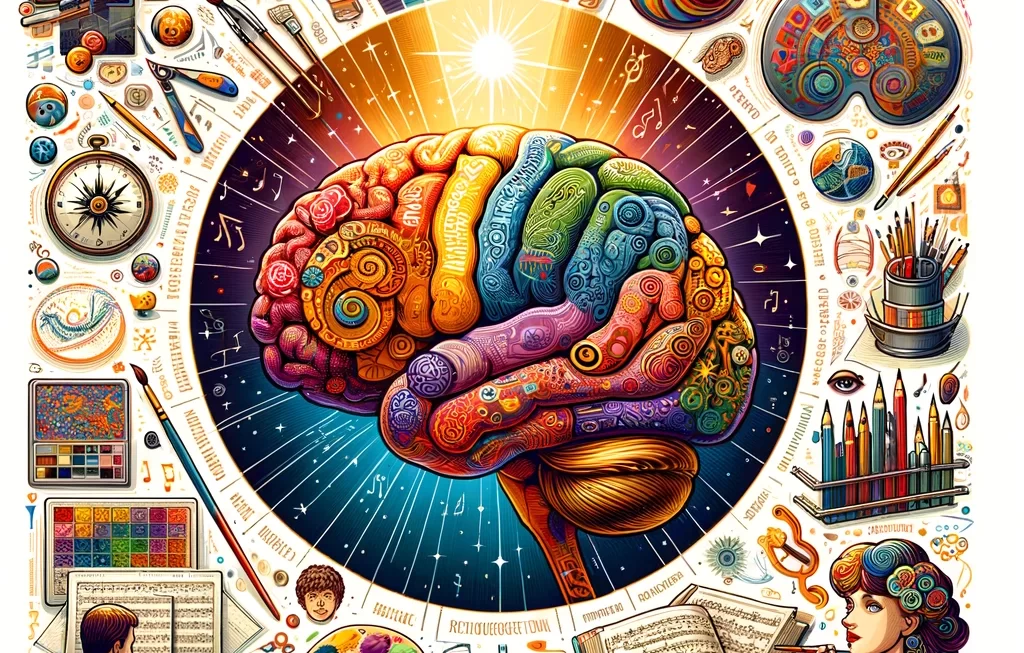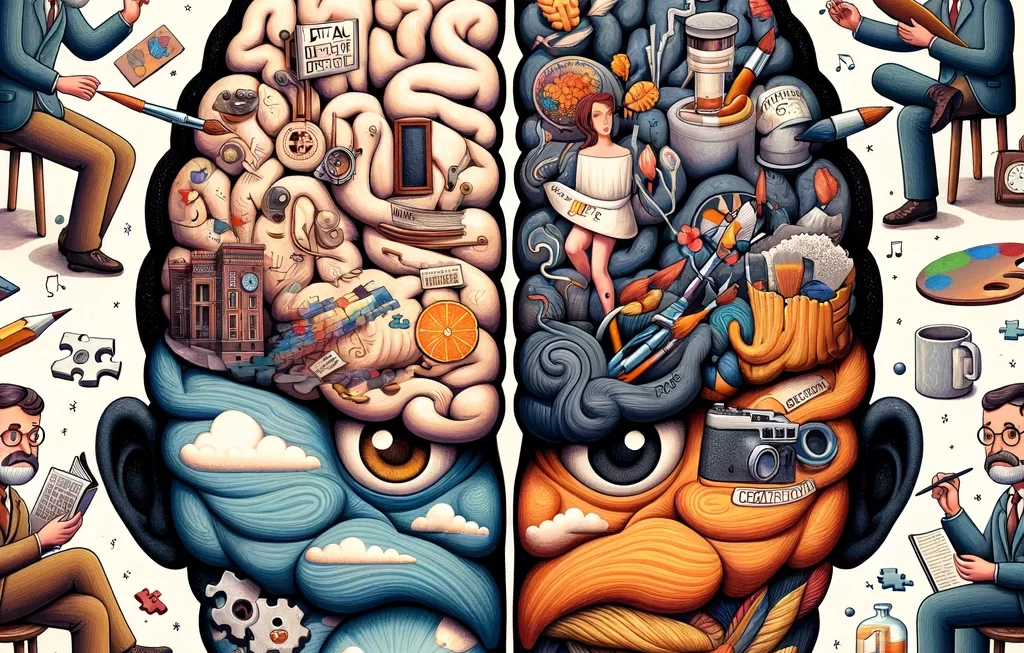Sleep, often considered a simple pause in our daily hustle, is a complex, critical process that plays a pivotal role in brain health and function. This article delves into the intricate relationship between sleep and the brain, exploring how quality sleep can enhance cognitive abilities, emotional balance, and overall mental health. By understanding the “What, Why, When, Where, and How” of sleep’s impact on the brain, we can unlock the secrets to improved well-being and performance.
The Vital Role of Sleep in Brain Function
What Happens to Your Brain When You Sleep? During sleep, the brain goes through various stages, each characterized by different types of brain waves and neuronal activity. This cycle includes rapid eye movement (REM) sleep and non-REM sleep, which encompass deep sleep stages crucial for memory consolidation, learning, and emotional processing.
Why Is Sleep So Crucial for the Brain? Sleep is essential for the brain to process and consolidate memories, remove toxins that accumulate during waking hours, and repair neural pathways. It is during sleep that the glymphatic system, the brain’s waste clearance system, becomes highly active, protecting the brain from neurodegenerative diseases.
When Does Sleep Benefit the Brain the Most? The benefits of sleep are most pronounced when it follows the natural circadian rhythms and occurs in sufficient quality and quantity. Typically, adults require 7-9 hours of sleep per night to function optimally, with the deepest stages of sleep occurring in the first half of the night.
Where Does Sleep Have the Greatest Impact on the Brain? Sleep positively affects various brain regions, including the prefrontal cortex responsible for decision-making and self-control, the hippocampus crucial for memory, and the amygdala, which regulates emotions.
How Does Sleep Influence Cognitive Abilities and Mental Health? Sleep enhances cognitive functions such as learning, problem-solving, and creativity. It also plays a critical role in emotional regulation, helping to mitigate stress, anxiety, and depression.
The intricate dance between sleep and the brain is a testament to the body’s remarkable capacity for self-care and healing. Prioritizing quality sleep is not a luxury but a necessity for those seeking to optimize their cognitive functions, emotional well-being, and overall health. By fostering better sleep habits, we can unlock the full potential of our brains, enhancing our daily lives and long-term mental health.
FAQ’s
Q: How can I improve my sleep quality? A: Maintain a regular sleep schedule, create a restful sleeping environment, limit screen time before bed, and avoid caffeine and heavy meals in the evening.
Q: Can lack of sleep affect my mental health? A: Yes, chronic sleep deprivation can lead to increased risk of mental health issues, including depression and anxiety.
Q: How does sleep affect learning and memory? A: Sleep plays a critical role in the consolidation of memories, transforming short-term memories into long-term ones, and in the removal of irrelevant information, which enhances learning efficiency.




